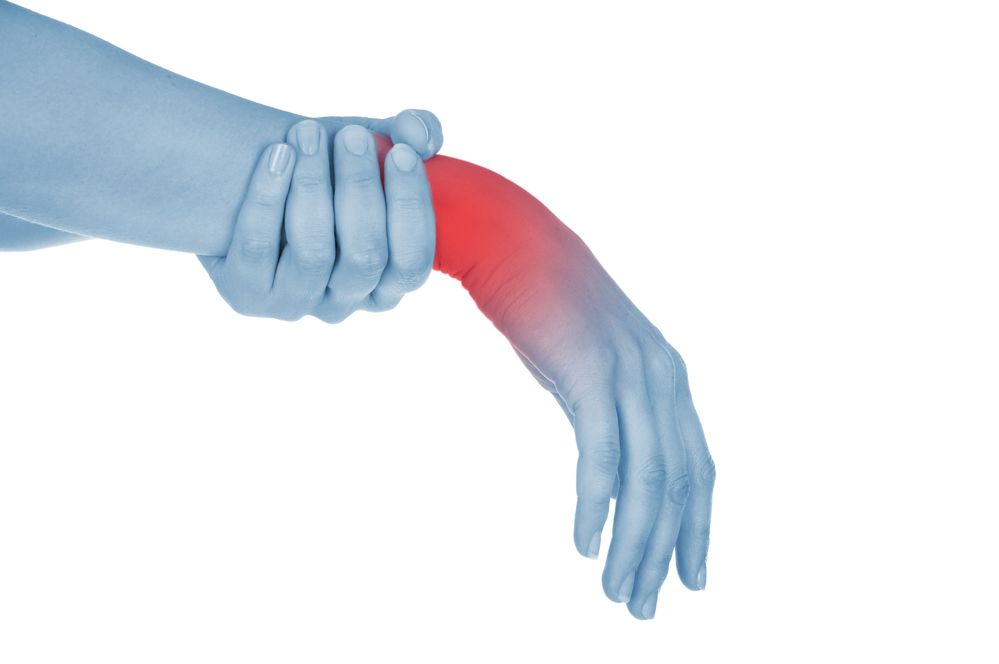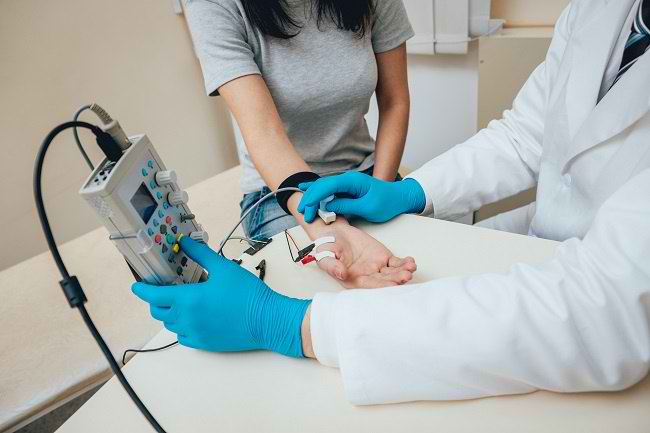When a child is suspected of having an illness, the doctor will perform a series of examinations. This is where the role of pediatric imaging specialists is needed. This subspecialist doctor has the competence to carry out radiological examinations to examine conditions and determine disease diagnoses in children.
Imaging pediatricians are pediatricians who specialize in subspecialty on imaging or radiological examinations in infants, children, and adolescents.

Through radiological examinations, a pediatric imaging specialist can monitor and examine conditions in the child's body and determine whether there are certain disorders or diseases that the child is suffering from.
In other words, pediatric imaging specialists are tasked with helping to determine the diagnosis of disease in infants, children, or adolescents. After the diagnosis of the disease is known, appropriate treatment can be given according to the child's condition.
Conditions Treated or Diagnosed by an Imaging Pediatrician
Pediatric imaging specialists generally receive referrals for infants, children, or adolescents from other physician partners, such as general practitioners, pediatricians, pediatric surgeons, or orthopedic doctors.
Through these referrals, pediatric imaging specialists are often asked to determine the types of imaging tests and perform tests to diagnose certain diseases or conditions, such as:
- Injuries, such as broken bones and muscles or tendons
- Tumor or cancer
- Abnormalities in blood vessels, such as atherosclerosis or blockages in blood vessels and AVM
- Infections, eg pneumonia, bronchitis, meningitis, and sinusitis
- Abnormalities in certain organs, such as hydronephrosis, kidney stones, to swelling of the liver or spleen
- Birth defects or congenital abnormalities, eg biliary atresia, congenital heart disease, and spina bifida
- Injuries or internal bleeding, such as intestinal perforation or tears and peritonitis
Actions Performed by Pediatric Imaging Specialists
An imaging specialist pediatrician has the competence to perform various imaging tests or radiological examinations, including:
1. X-ray
X-rays can be done to monitor the condition of bones, muscles, connective tissue, and organs such as the stomach and lungs. This radiological examination is usually done when the child has an injury or is suspected of having certain diseases, such as pneumonia and tumors or cancer.
2. CT scan
Similar to X-rays, CT scans are also performed to detect tumors or cancer, monitor bone conditions, and check for possible internal bleeding.
To improve the quality of the resulting CT scan image, the doctor may give a contrast agent when the child is about to undergo the examination.
3. MRI
MRI (magnetic resonance imaging) is similar to a CT scan, but does not utilize radiation beams. MRI examination is classified as a radiological examination that is quite safe because it utilizes high-power magnetic waves.
This imaging test plays an important role in monitoring and evaluating the condition of the brain, spine, muscles, and bones, as well as detecting whether there is a tumor or cancer in the child's body.
Similar to CT scans, pediatric imaging specialists can also sometimes provide a contrast agent to improve the quality of the resulting image.
4. Ultrasound
Ultrasound (USG) is an imaging test that uses sound waves to monitor the condition of the inside of the body. With this radiological examination, pediatric imaging specialists can monitor the condition of muscle tissue and tendons as well as various organs of the body such as the kidneys, liver, bladder, and kidneys.
This imaging test can also be done to detect the presence of certain diseases or conditions, such as infection, swelling of organs, tumors, and fluid buildup in the abdominal cavity.
5. PET scan
PET scan (positron emission tomography) is a supporting examination that utilizes nuclear technology. With this imaging examination, pediatric imaging specialists can detect whether there is a tumor or cancer in the patient's body.
In addition, pediatric imaging specialists may also be asked to guide the pediatric surgeon or pediatrician when performing certain medical procedures, such as a biopsy.
After performing a radiological examination, the pediatric imaging specialist will provide a brief explanation to the patient's parents regarding the results of the examination carried out.
The doctor will also make a written report regarding the results of the imaging examination carried out. Furthermore, the report will be given to the referring doctor.
From the results of these examinations, pediatric imaging specialists can determine the diagnosis of disease in children and suggest other examinations if needed.
Preparation Before Consultation with Pediatric Imaging Expert
When you want to take your child to a pediatric imaging specialist, parents are advised to prepare and do the following:
- Record the symptoms and complaints experienced by the child
- Inform the doctor about the child's medical history, such as a history of allergies, previous illnesses, medication history, and family medical history
- Bring the results of previous examinations, if any
- Asking the child not to eat, drink, or take certain drugs before the examination and of course according to the doctor's advice
Imaging tests performed by pediatric imaging specialists usually take a few minutes to several hours, depending on the type of imaging test performed.
If your child has certain symptoms, complaints, or medical conditions and needs to get a complete medical examination, don't hesitate to take him to a pediatric imaging specialist. In choosing an imaging specialist pediatrician, parents can ask for a referral or ask a pediatrician.









